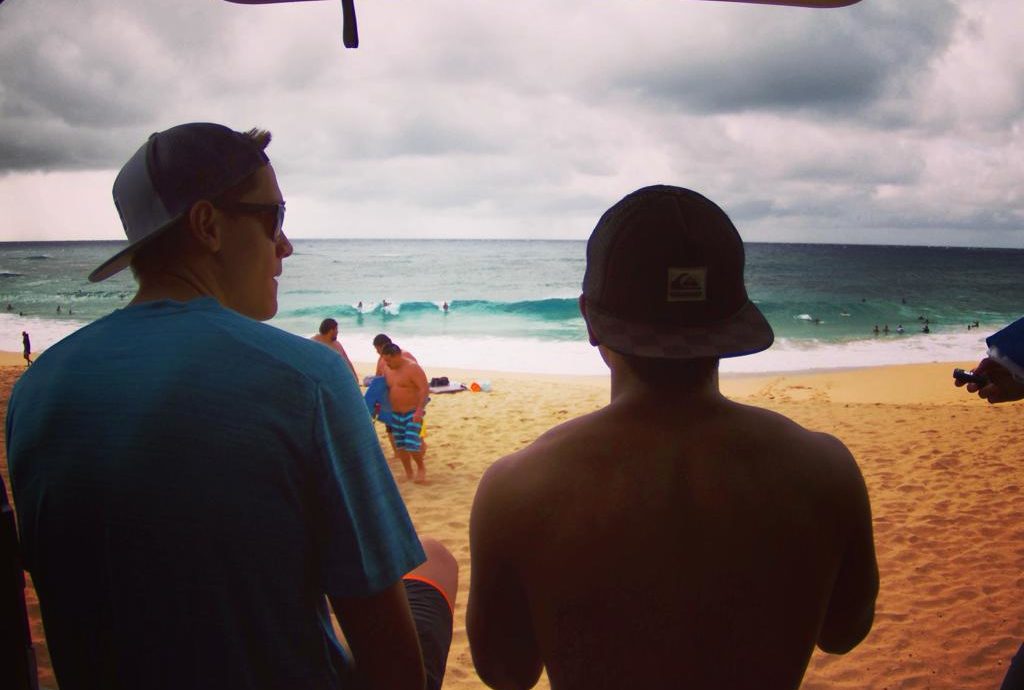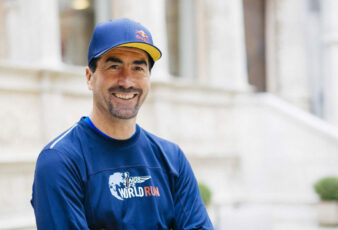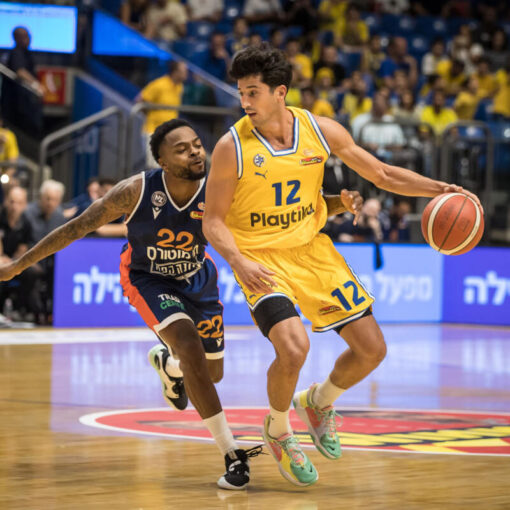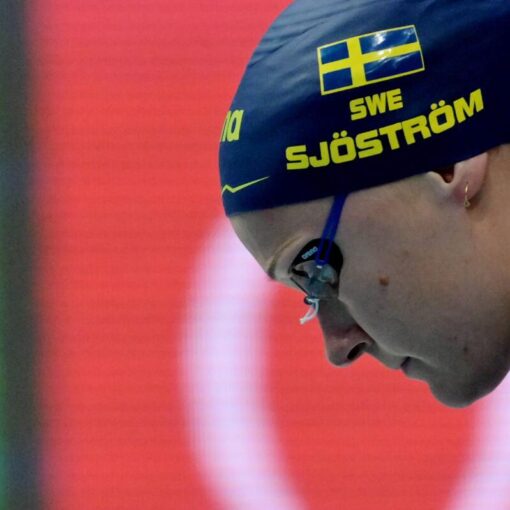
Aloha: hello, goodbye, love.
To come from where I’m from, there is a strong premise. An indelible message.
Like graffiti on the wall, created by the Holy Artist who resides above us. Seemingly so beautiful and simple from a distance, but as you look closer it is laced with layers of complexity beneath.
We often remember only the clichés of a culture, that mix of truth and myth. The more it grows the more it becomes a legend. Italians only eat pizza, Americans only eat burgers and English only eat fish and chips served with tea.
Culture, however, is a living thing. It’s not a fossil found while digging underground, or a historical artifact to be exhibited in a museum. Sure, the fixed history and tradition is the foundation that culture is built upon, but culture to me is a living organism. One that breathes and changes with time, adapting with the passing of every minute spent in history.
Culture contracts and widens, transforms and pollutes, like a unique brain that we pass on to each other generation after generation. Culture is a collective conscience, and because it’s collective it’s open to everyone. As a result of this it can be attacked by everyone, and in return it must also be defended by everyone.
I am a Native Hawaiian. I was born and raised in one of the most beautiful places in the World, and that's where I learned to relate to the outside world and to the people I meet.
Everywhere you to go you can come across some stereotypes, both positive and negative, expressed towards a country or place and its inhabitants.
It happens everywhere and, traveling a lot, I have often seen someone effected because of that.
I believe we often convince ourselves that we understand certain things completely, when only exposed to a small piece of a full puzzle. Taking a holiday does not mean knowing a foreign land, knowing how to use chopsticks to eat sushi doesn’t mean knowing how a Japanese man eats within the walls of his home.
In my case it was just about of simple nuances, small beliefs that people had about my beloved Hawaii.
If you come from Hawaii, you might have someone, especially children, ask you if you live in a grass shack and commute around in a canoe. The first time I was asked about it I was around 15 and it wasn’t something I took offense to. I thought it was hilarious!
People are people everywhere.
Everywhere you can find the poor and those who don’t have access to a good education as well as you can find business people and well educated men.
In every culture there’s simplicity and sophistication, there is wealth and poverty, there is faith and science.
What may be found more in Hawaiian culture is an open mindset, which is instilled inherently in children and is a gift of our unique and colorful land.
Sometimes it happens that when someone discovers that you arrive from Hawaii he looks at you as the luckiest man he has ever met, without even knowing who you are or what you have faced and or defeated in the course of your life. The strength of our islands is the extreme gratitude that we all have to be able to live in such a paradise, but that doesn’t mean everything comes easier in Hawaii.
The idea that waking up in the morning in a place of such natural beauty is enough to feel stress free is something that can sway people’s minds, when in reality we face very similar hardships as everyone else. Some may believe that in such a place of magnificent nature it’s impossible to suffer.

Hawaiians are calm and hospitable, they are grateful and generous, but they are not this way due to osmosis from the environment, or thanks to a mysterious force that crosses them and includes them all.
We are able to accompany life with a docile rhythm, we are able to appreciate nature and sociality, in a different way, sincere in both cases.
We are not like this because of our geographical origin, but we are because of the profound influence of the traditional culture of the island, which we love and respect our home and ourselves, without the claim that others should do it for us.
After being annexed to the United States it was even forbidden to speak the original Hawaiian language for some time. Many things from our land that belonged to daily life have died there, because they were outlawed, because they were different.
Out of this we have made a huge point of pride, a reason for unity and forgiveness.
When I was a child in my city, in my neighborhood, in my class there were children from every possible different nation, even if everyone felt deeply Hawaiian; like me. Filipinos, Samoans, Irish, Italian, Japanese, Chinese: our islands are the melting pot of the World.
A place that welcomes everyone without distinction or pretension of homologation but that leaves in the heart of everyone the indelible sign of what it means to be an active part of it.
The thing of my childhood that I remember with greater sense of peace is the feeling I felt at the big family parties, in which there were 60 or 70 people, because in my house and throughout the islands, gathering with "family" means to be under the same roof everyone you love, regardless of the true degree of kinship.
And I used to call everyone uncle, aunty and cousin.
If you grow up in a society like that, in cities and villages that everyone, no matter where they come from, have the right to call home loudly, then you certainly cultivate an open mind, then for sure, as an adult man, your curiosity will always walk ahead of your body.
This is why Hawaiians may seem calm, they seem to be immune to tensions and pressure: because they know how to love.
They know how to love themselves and others, while learning.
Because if you live in a place where everyone maintains a different culture, habits and customs, you have to learn that the distance between you and others is not a conflict, not necessarily. And in learning it, sometimes you will also be wrong, and it will be important for you to take that with love from others and forgive yourself.
The deep sense of belonging that we all feel, an umbilical cord that never comes off, is born here, inside the head of every child: love and you will also be loved, because we are all connected by something that is impossible to cut.
Aloha: which means love, which means affection, kindness; which means hello and goodbye, is a word that every one of us can use in a different shade but that we all use indistinctly.
It rises from our soil, from the ground, and it comes out of all of us from the mouth.
It can mean both compassion and gratitude, and looking closely they really look like synonyms.
It is a word that embraces all of them.
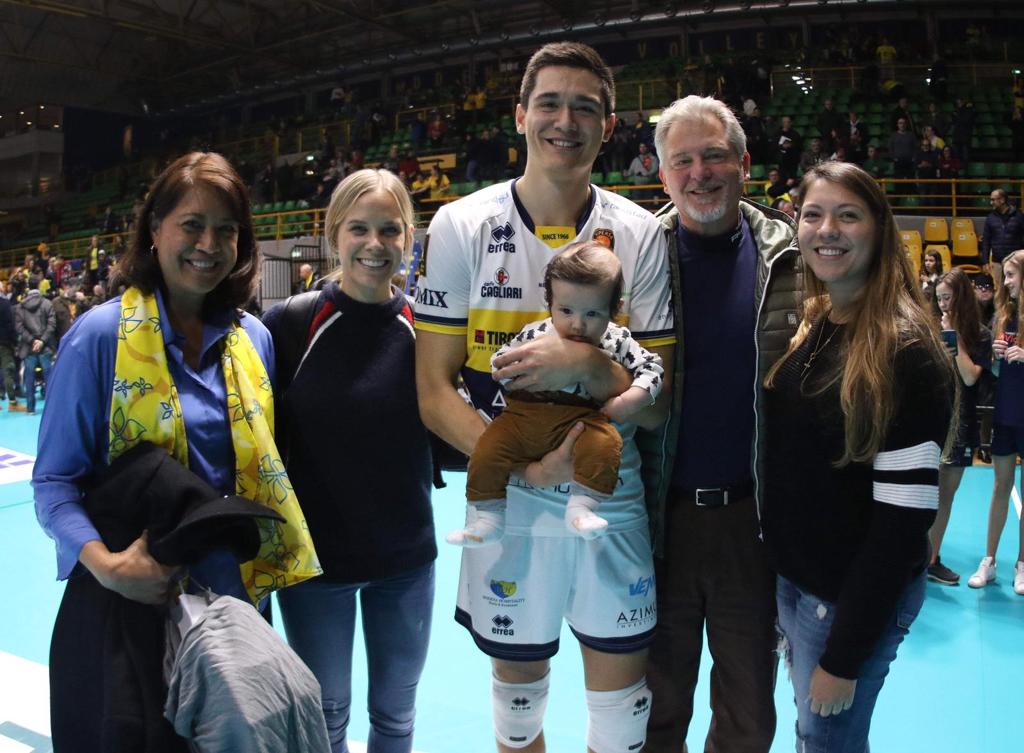
When I arrived in Italy I realized that, yes it’s true, everyone eats pizza, but if you move 100 kilometers to the right or to the left on the map you can see how many differences there are between one place and another. I realized that many here feel they belong to a city or a region before belonging to a Country.
The change of life has been huge for me and it brought out great things I’ve learned and not so great things too.
First of all the language: not so many people here speak English and I really wanted to be able to express myself correctly in Italian. But in my professional life I decided to be an athlete and the athlete always aims for perfection. Perfection of the technical and athletic gesture. It's normal.
Perfection in learning a difficult language like yours is not possible; making mistakes is part of the process and I was struggling to accept mine.
The athlete soon learns to live with the small daily imperfections, with errors, which can also be generated by the quality of the opponents, and he finds his balance between the ability to consider them natural and to aspire to no longer make them.
But with your language I was a bit of a disaster and the fact that I’m really timid to make mistakes certainly did not help much, at least at the beginning.
Then I learned, once again, to forgive myself and accept that I could not always be perfect.
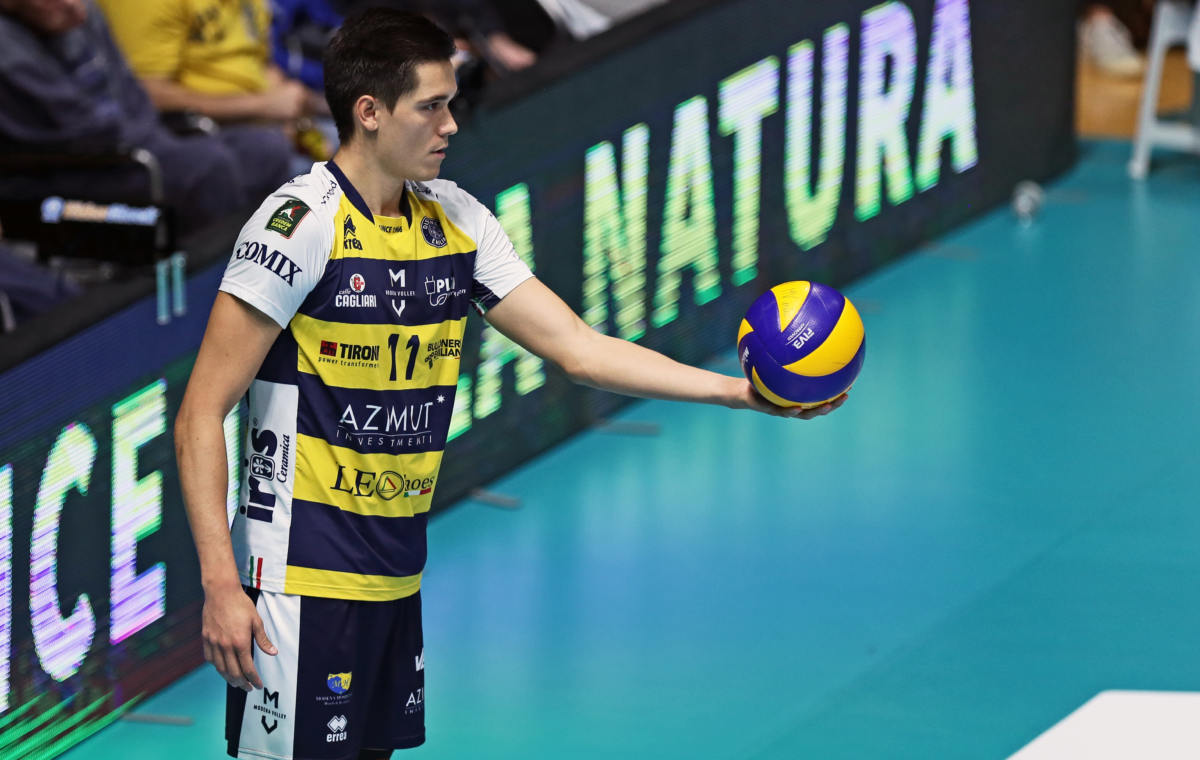
In the first six months I spent in Italy I gained a little weight, without obviously doing it on purpose. But in my culture we do not say no to anyone, because we always trust the intention of the interlocutor. So, to anyone who offered me a second course of pasta I felt obligated to say yes, all the time, because I wanted to be hospitable.
Yours is a culture in which the table is always full of food and the guest must always have something to eat, mine instead prevented me from saying no and forced me never to leave anything left on the plate.
I had to get out of my shell a bit, I had to come to terms with myself and learn to say a few no, to refuse some invitation. I learned that Italians judge me when I put cheese on top of my risotto with fish, and they can even feel slightly offended, because this way I ‘ruin the dish’.
My first Italian season was also my first season as a prof in volleyball world and it was a revolution compared to what I knew before.
Nothing equalizes the pressure of the Italian Super League. Nothing.
When I was part of the college team, at USC in California, we didn’t play for money, or for the name written on the back of the shirt, but for what was written in front of it.
It’s different from the concept of a club team, which has goals to achieve and which can be changed during the course of the journey, the college is more like a brotherhood, sharing a choice, which you end up belonging to and of which you will be a representative forever.
Regardless of whether you play well or badly, regardless the duration of your stay: only one to four years.
As a young man, and also becoming part of the National team very soon, I learned that the pressure exists only if you create it in your head, if you do not want it to be there then it is not there, it disappears.
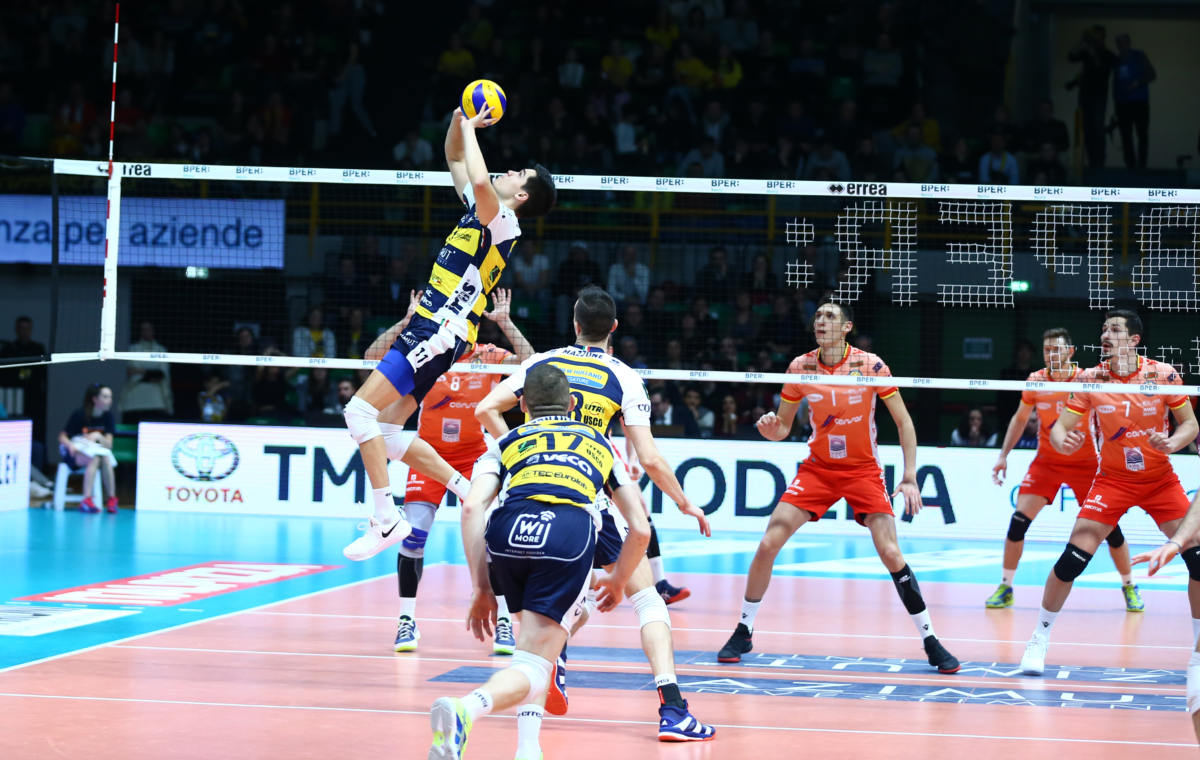
But then I started to play for my livelihood, my job.
I arrived in Italy.
And that changed a bit.
Here everything is important to the maximum degree.
Every single point weighs a lot.
I still remember my first Italian Cup final, 2016/2017 season, everything was so heavy on the court, every ball, every attack every stop: everything counted enormously.
It was like a match made up only of match points. Even today I remember most of the points of that game. That level of furious attention surprised me and forced me to raise mine.
Even when playing with the National team the jersey is very heavy, you know that everyone is looking at you, but there is a positive culture, process-oriented culture, which emphasizes the long-term path, the cleanliness to maintain in the creation of the team, of the locker room and of the single offensive set. You have to finish the game or the event with the feeling of having a clear conscience knowing you did all you could to help the team win.
In Italy, on the other hand, it only counts to win, no matter how, but you must win. It’s a sort of negative-result-oriented culture, and I say it in the most positive way possible.
Here you have to level up because every mistake is absolute, very serious.
The same play, identical, which ends inside or outside for a centimeter can be considered perfect or a disaster.
The focus is super technical and is centered on even the smallest details, because every team and player here is good in the big things.
This way of experiencing volley can be considered healthy or not, but it is what allows you to raise your level to the maximum possible, if you don’t break under pressure then you grow and become a better player.
For this reason this championship is such a show; this is why nobody is satisfied with anything and the teams are always looking for the smallest detail to change, details inside details. It's a daily challenge, an elimination race and you always have to win to avoid being eliminated.
Between Hawaii, with their kind and sweet way of let the days pass, and Italy there’s half a World. Both physical and metaphorical.
From the two cultures I try to get the best, to be a better man and a better athlete.
I point to excellence in the court, using the negative pressure that I found here, abundant, within every play.
And I point to peace outside the court, allowing my deep roots to give me a stability that the wind can’t bend, both in the family and with teammates.
As a proud representative of the most famous melting pot on the planet, I enjoy the hybrid crossing of two separate and distant worlds, which become a real place.
Full of people.
Like me.
Micah Christenson / Contributor


